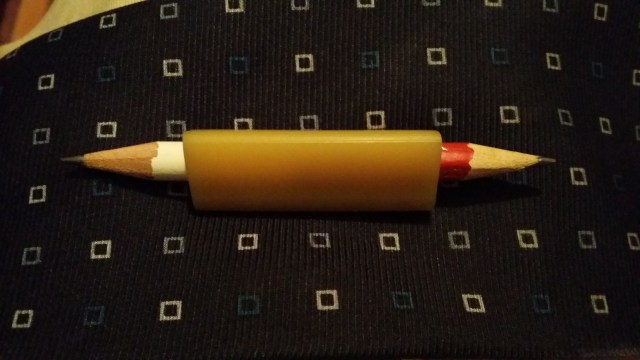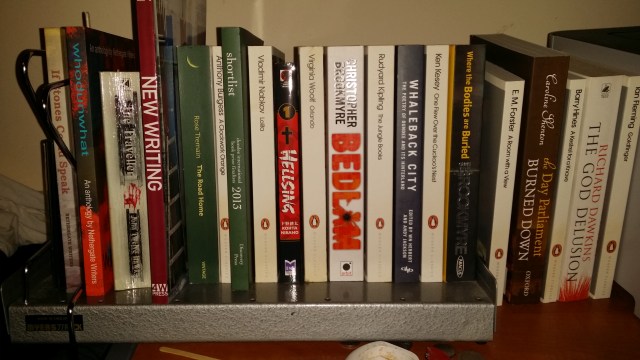A couple of weeks ago, I mentioned how this blog is now nine years old, and I’ve updated it without any significant gaps. Regular readers will probably be able to identify my style of writing. This is no accident. Before moving to WordPress, I cut my teeth on LiveJournal for many years, and some of what I learnt has carried over to this very day.
Affectionately known as LJ to its users, the site was big news around the millennium. I was relatively late to the party, making my first entry there in 2003. Nonetheless, I kept it updated with day-to-day events until around 2013. My experimentation there was crucial to how I approach blogging today. I found out what topics would engage and disengage an audience, how to structure the text, and the optimum length for a given entry.
Looking back, I’m surprised that some of my least engaging updates were made between 2011 and 2013. I knew LJ was losing its audience by then. In a misguided attempt to keep it alive, I’d largely dispensed with the diary style in favour of a dull series of weekly posts titled #MusicMonday, featuring a different rock or pop track.
By that point, I was starting to take my writing more seriously, so I chose to start afresh on WordPress. This would have a focus on fiction and poetry, and would go on to be updated on a strict weekly schedule. From the moment I set up my account here, I could see why users were moving away: WordPress offered basic features such as scheduled posts and picture uploads as part of their free account, but LJ still charged for them. Most of these features are now free, but LJ still charges $15 just to change your username.
That’s not to say LJ is dead. I still have one pal who updates to this day, and it was a comment underneath her most recent entry that led me back to another blog I kept at Dreamwidth, based on LJ code with modifications.
In 2009, I set up what would now be termed an alt-account to share thoughts that I didn’t want a wider audience to see. I stopped regularly updating there at the same time as I opened WordPress. Then the rabbit-hole deepened when I remembered I’d set up a secondary account to record fragments of dreams. The intention of using them for writing prompts never came to fruition and that blog has remained untouched since 2011.
I have one other LJ page that’s now inaccessible. This was set up for a juggling society at what is now the University of the West of Scotland. Members were kept updated on that page because this was an era before MySpace went mainstream. The student email address no longer exists, my password guesses have been incorrect, and I never set up a recovery question. As such, it’s remained fossilised since 8 Feb 2005.
Reading the LJ Help pages, there is no hope of recovery, so I’ve written to the helpdesk to ask when it’ll be purged. This is often done with accounts that have been idle for too long.
That’s the story of how this WordPress blog came about, and why it’s written the way it is. I can still look back at entries from its earlier days and see what I would have done differently, but I am generally happy with how the past nine years have gone.



